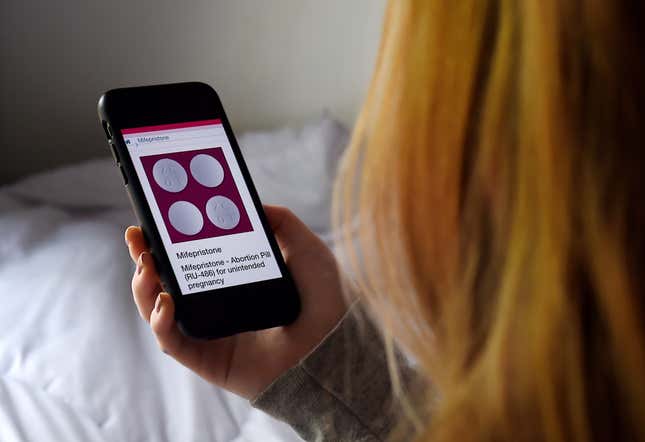Instagram Suspends Abortion Pill Resource Days Ahead of Texas Ban
Plan C, a site that provides people with information about self-managed abortion, had its account removed from the platform on Saturday
AbortionPolitics

Days ahead of the six-week abortion ban slated to go into effect in Texas on Wednesday, an abortion pill resource has been suspended from Instagram.
The advocates behind Plan C—which provides people with information about how to access and safely administer the pills, not the pills themselves—realized that their account had been taken down from the platform on Saturday, while they were on a four-day road trip in Texas.
According to Elisa Wells, the cofounder and co-director of the organization, the purpose of the road trip is to raise Texans’ awareness of self-managed abortion, a safe and effective method of ending an abortion at home, with abortion pills. The page was disabled while the group was posting original art from Texas activists, informing users that self-managed abortion is an option if clinics in the state are shuttered.
Wells said Plan C was notified that the page had violated community guidelines or terms of use, and that it would be suspended for the next 30 days—a problem the organization has run into in the past. Instagram has previously accused Plan C and other abortion rights organizers of promoting pharmaceutical drugs, citing a policy that says any non-sponsored content promoting pharmaceutical medical products is banned from the platform. Plan C is currently awaiting an internal review. (Instagram has not responded to Jezebel’s request for comment.)
-

-

-

-

-

-

-

-

-

-

-

-

-

-

-

-

-

-

-

-

-

-

-

-

-

-

-

-

-

-

-

-

-

-

-

-

-

-

-

-








































